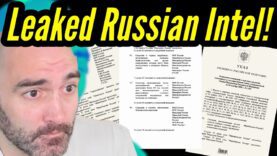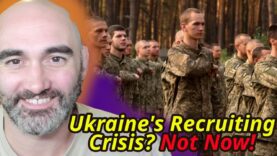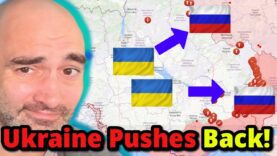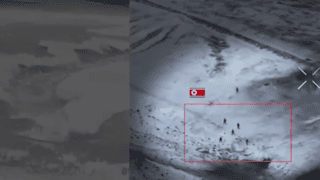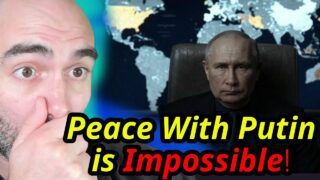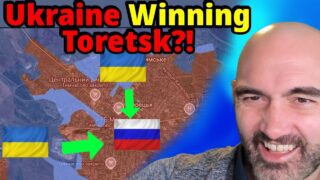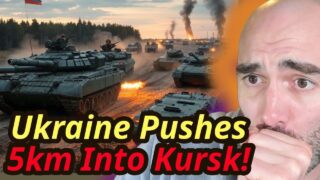Shocking Leak: Russia Dismissed Kursk Invasion Warnings!
Video Summary
The Russian military’s intelligence units, or what they call their “insider sources,” seem to have been spot on, predicting the Ukrainian army’s movements with uncanny accuracy. However, it’s unlikely that these documents were actually used to inform any decisions or actions taken by the Russian military.
The US military prides itself on having a concise and clear writing style, whereas Russian military documents are often written in a more convoluted and lengthy manner. The documents found in K were written by the 17th Battalion and the 488th motorized rifle regiment, and they included logs and reports on events and concerns from specific positions.
The Russian military’s lack of response is baffling, especially given that their own documents warn of the potential for a breakthrough. It’s almost as if they were deliberately ignoring their own intelligence gathering. The US military would be more likely to take action based on such warnings, with the benefit of clear communication and effective command structure.
The real question is what exactly did the Russian troops do to respond to the incursion? It’s possible that they were too demoralized and poorly trained to take action. The Russian military has a reputation for being highly centralized, with individual assault units often having minimal training. This makes it difficult for orders to filter down to the lower ranks, and even more so given the high casualty rate, which can leave frontline leaders with a limited lifespan.
The lack of motivation among Russian soldiers is also a significant issue. The US military, for example, relies on volunteer military personnel, whereas the Russian military has a large number of conscripts, who are often not motivated to follow orders. This demotivation can lead to a lack of discipline and a desire to avoid combat altogether.
The Russian military’s poor performance in the Ukrainian conflict is a testament to its own weaknesses, which are likely to be a topic of discussion in the Kremlin. The US military, on the other hand, prioritizes strong on-the-ground leadership, which is why we see such a difference in the way our troops approach combat. As a former US Army Combat veteran, I can attest to the importance of effective leadership and training in the military.






